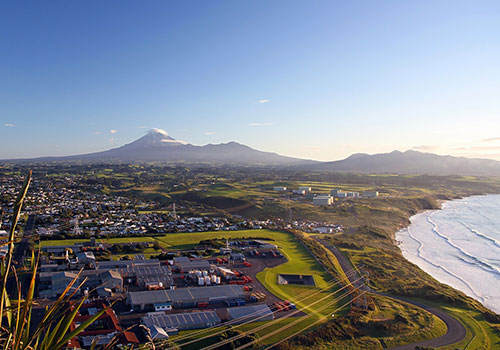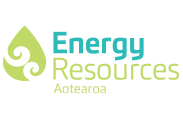Landowners community
The interest of both public and private landowners are central to the development of a sustainable oil and gas industry
- In this section:
While our oil and gas resources are owned by the state, oil and gas companies are required to negotiate access to any land with the landowner, whether the land is privately or publicly owned, to ensure that activity fits with landowner expectations.
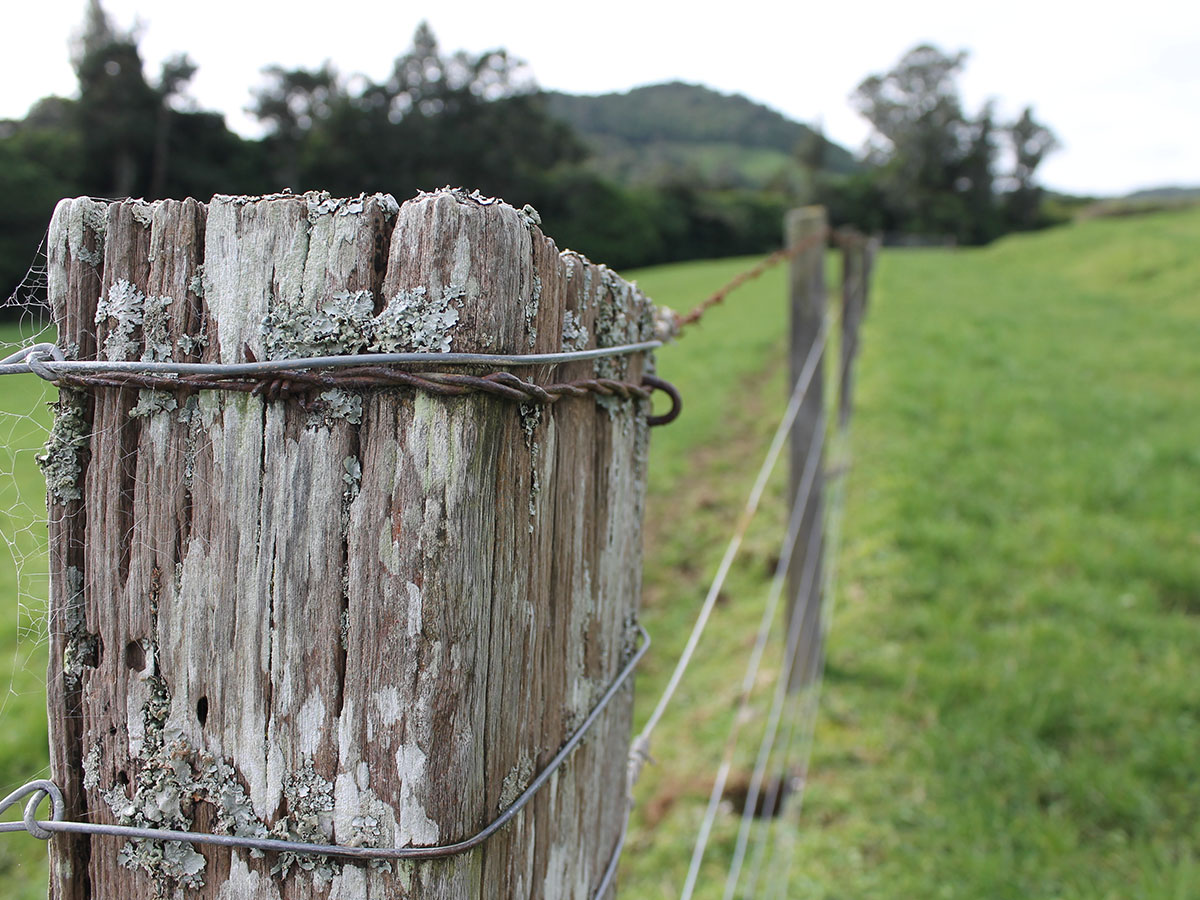
The issue of land access
1
Given oil and gas resources are nationalised assets (since 1937), private landowners are not in a position to unreasonably restrict access to land they may own, or occupy, such that New Zealand’s natural resources may not be recovered for the benefit of New Zealand.
Land access is defined as the arrangement between the owner or occupier of the land and a petroleum or minerals permit holder that grants access to enter, prospect, explore or develop part or parts of the property.
Before land may be prospected, explored or developed for Crown-owned minerals, a number of steps need to be taken. An explorer or developer needs:
- a permit from New Zealand Petroleum and Minerals under the Crown Minerals Act 1991;
- any necessary land access arrangement with the landowner and occupier;
- any necessary resource consent(s) from the relevant Regional or District Council under the Resource Management Act 1991.
Further steps may need to be taken before mineral development can take place when a permit area falls in proximity to an historic place or area of significance to Māori.
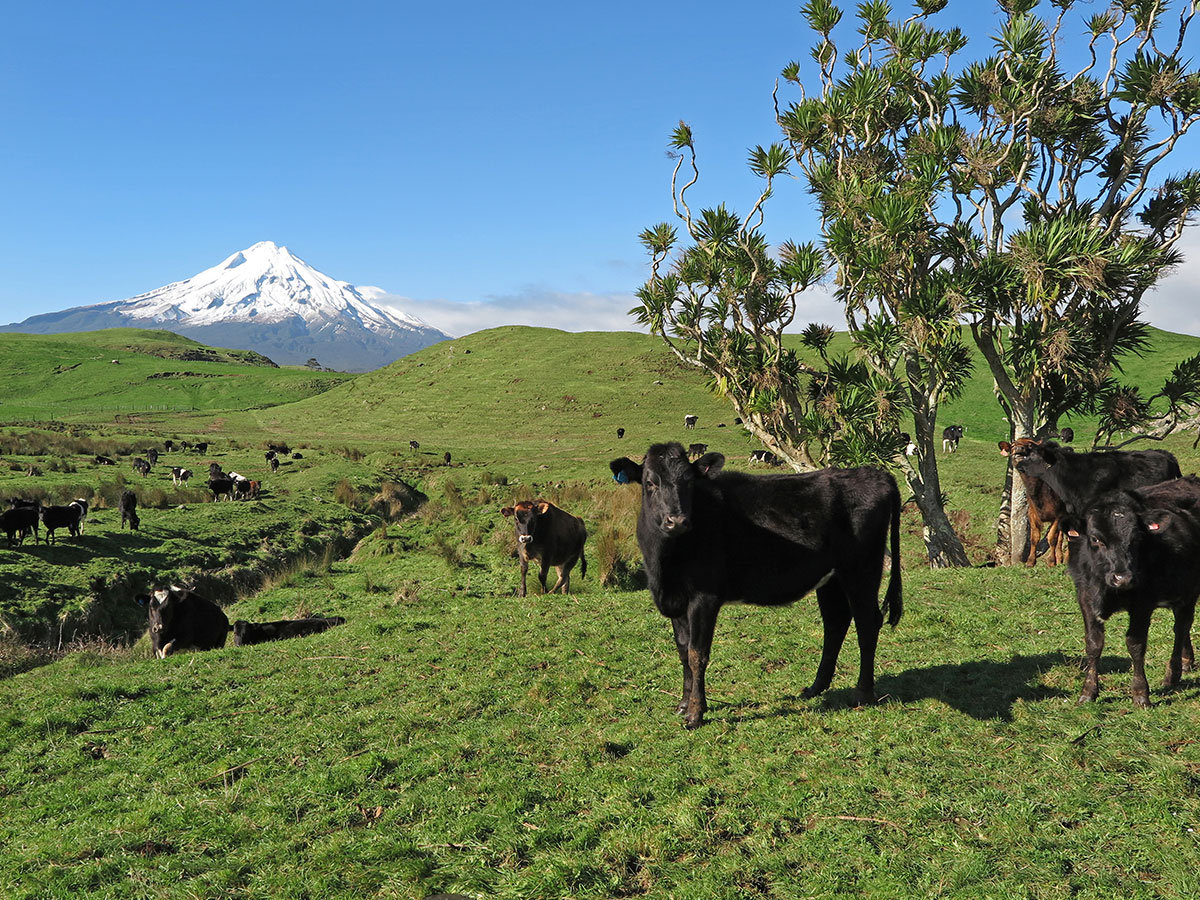
Access to land under permits
2
A petroleum or minerals permit does not give its holder a right to go onto any land (this is different to many international jurisdictions, where the granting of a permit provides a right of access to land).
Before a permit holder is able to do any prospecting, exploration or mining requiring access on to land, an access arrangement with the landowner and the occupier is generally required. This access arrangement will set out the basis on which any access to the land will occur. The general exception where a land access arrangement would not be required is ‘minimum impact activities’ on all but certain special classes of land.
Where the land is owned by the Crown, the access arrangement is with the appropriate minister (usually the Minister of Conservation). If the land in question is listed in Schedule 4 of the Crown Minerals Act 1991, then activity is limited to certain low impact activities.
An access arrangement is not required for activities conducted under land that do not require access to the land.
However, such activities must neither cause any damage to the surface nor have any detrimental effect on the future use and enjoyment of that land (section 57 of the Crowns Mineral Act 1991). An example of this is aerial magnetic surveys which are conducted from low flying aircraft.
Land access in action
3
Bourke family farm in north Taranaki
North Taranaki dairy farmers Paul and Bernadette Bourke have had a land access arrangement with Todd Energy since 2006. Following successful exploratory drilling, Todd Taranaki Ltd and the Bourke’s now have a 20-year lease arrangement.
Mangahewa C is one of four producing well sites over the Mangahewa gas-condensate field. Todd Energy is leasing land occupied by the well site as well as all necessary roading. Todd brings in its own water.
“We are paid in advance, annually, and the payment follows the milk price. With so much of Taranaki in dairy, a fair price is one that is based on the milk price,” Paul said.
“Todd Energy originally drew up an agreement – which we got our lawyers to check over.”
Since then Todd Energy has built and maintained additional roading over the farm – which is made of materials friendly to cows, so the Bourke’s can move their cows using the roads.
The arrangement includes plans to put the site back to its original state when the company vacates the property. “The company has done some remedial work onsite, which is actually improving drainage of the land,” he said.
“I looked at this opportunity from the perspective of how it will impact our lives and the farm business.
“We have family that work in the oil and gas industry – and that have grown up beside the Kapuni gas field. I recommend that landowners talk to others about their experiences with land access.”
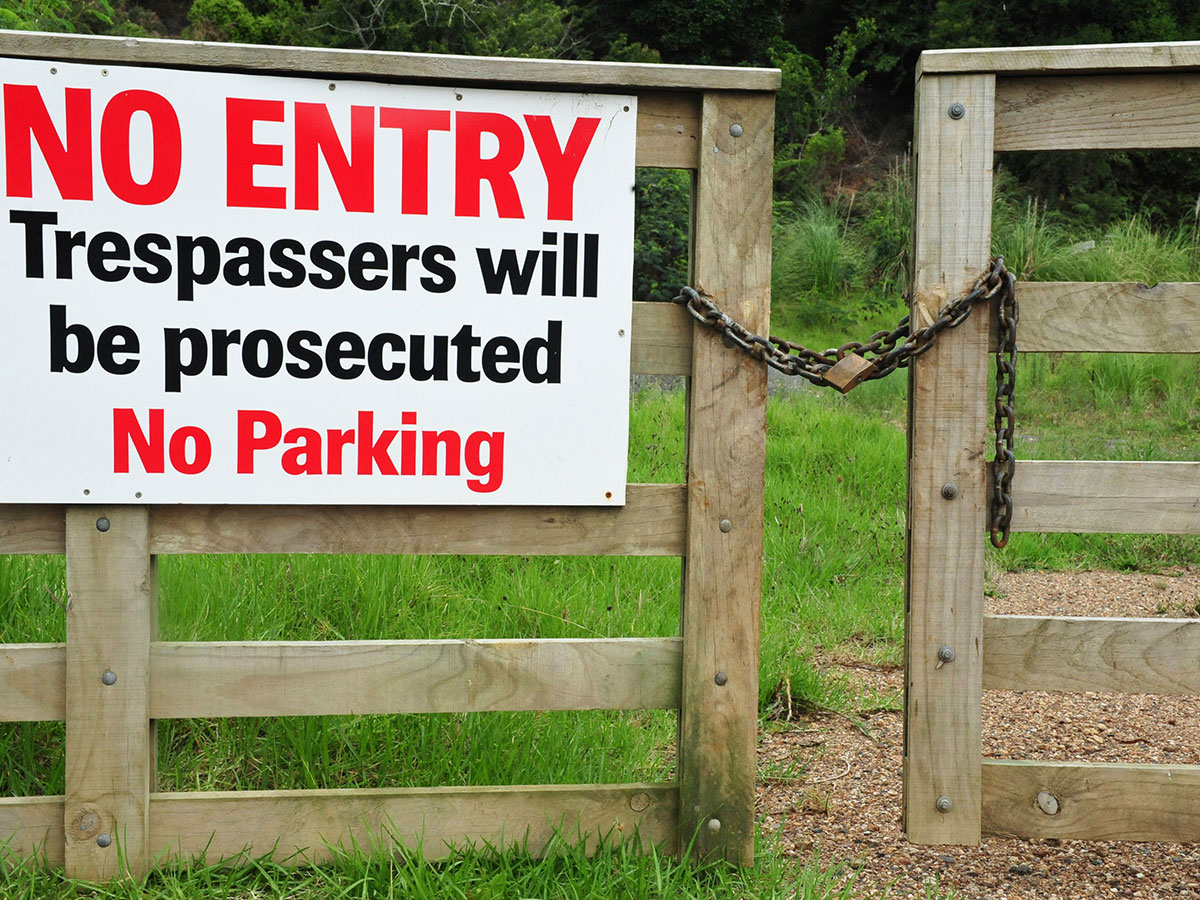
The process for gaining access
4
The Crown Minerals Act sets out a process for reaching a land access arrangement.
The process starts when a permit holder notifies each landowner and occupier in writing of their intention to seek an access arrangement.
In the first instance the parties involved should try and negotiate a land access arrangement themselves.
They can agree to go to mediation and work through issues or agree to arbitration. An arbitrator holds a hearing and determines the conditions of the land access arrangement.
If agreement cannot be reached and the parties do not agree to appoint an arbitrator, in some cases an arbitrator can be appointed under the Crown Minerals Act – for example in the case of petroleum, an arbitrator can be appointed by the Chief Executive of the Ministry of Business, Innovation and Employment. Government appointed arbitration is extremely rare.
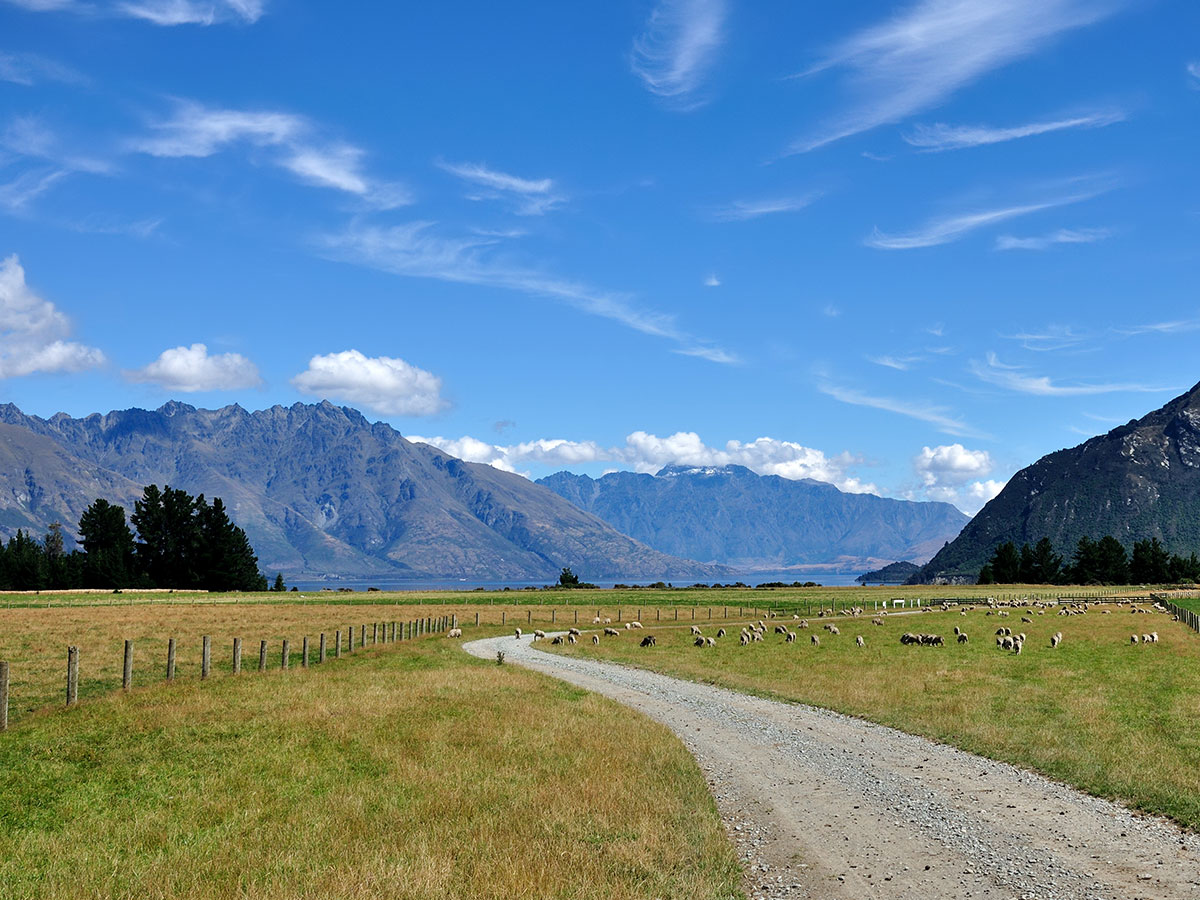
Key Points
5
- Permits do not confer an automatic right of access to land
- Permit holders may enter land to conduct minimum impact activities providing 10 working days notice is given to each owner and occupier
- Permit holders require consent (this differs from an access arrangement, which is stricter) from the Department of Conservation (DOC) to conduct minimum impact activities on conservation land
- Access arrangements are required for all activities other than minimum impact activities
- Access arrangements are not required offshore
- Access to Crown land is required from the relevant Minister of the Crown with responsibility for the land
- If the minerals permit is Tier 1, applications for access arrangements are considered jointly by the relevant Minister of the Crown and the Minister of Energy and Resources
- The Minister of Conservation cannot accept applications for access arrangements (except for certain low impact activities) on land listed in Schedule 4 of the Crown Minerals Act
- A land owner or occupier can decline to grant access
- Access arrangements are only binding on successive owners of title if the arrangement is lodged with the Registrar-General of Land and registered against the land title
- The permit holder may seek arbitration for land access but only with the agreement of the land owner and land occupier or on public interest grounds
Arbitrator for Landowners
6
If the landowner agrees to allow access to the permit holder they can either arrive at an access arrangement themselves or agree that access will be determined by an arbitrator.
A registered arbitrator can be found through the Arbitrators’ and Mediators’ Institute of New Zealand Inc. Arbitration may be useful for people who may not have the confidence in dealing with mining companies and may wish for a professional arbitrator to determine an access arrangement for them. The cost of arbitration falls entirely on the person desiring access. The access arrangement may contain any condition as agreed between the applicant and the landowner.
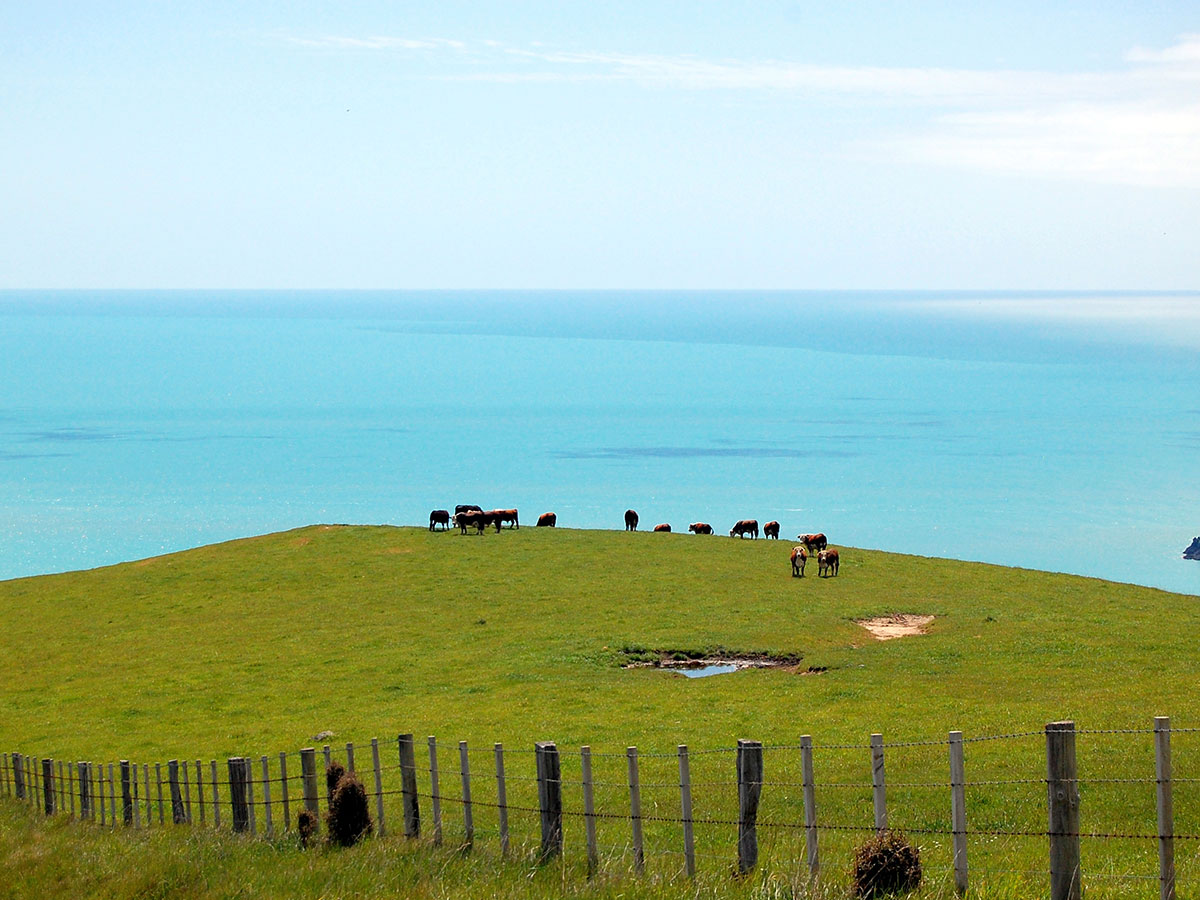
What if the landowner says no?
7
If the landowner refuses access, the permit holder may apply to the Chief Executive of the Ministry of Business, Innovation and Employment for a declaration by the Governor-General that an arbitrator determine an access arrangement for reasons of public interest.
The public interest arbitration is not available for Māori land and land of the special classes described in section 55(2).


